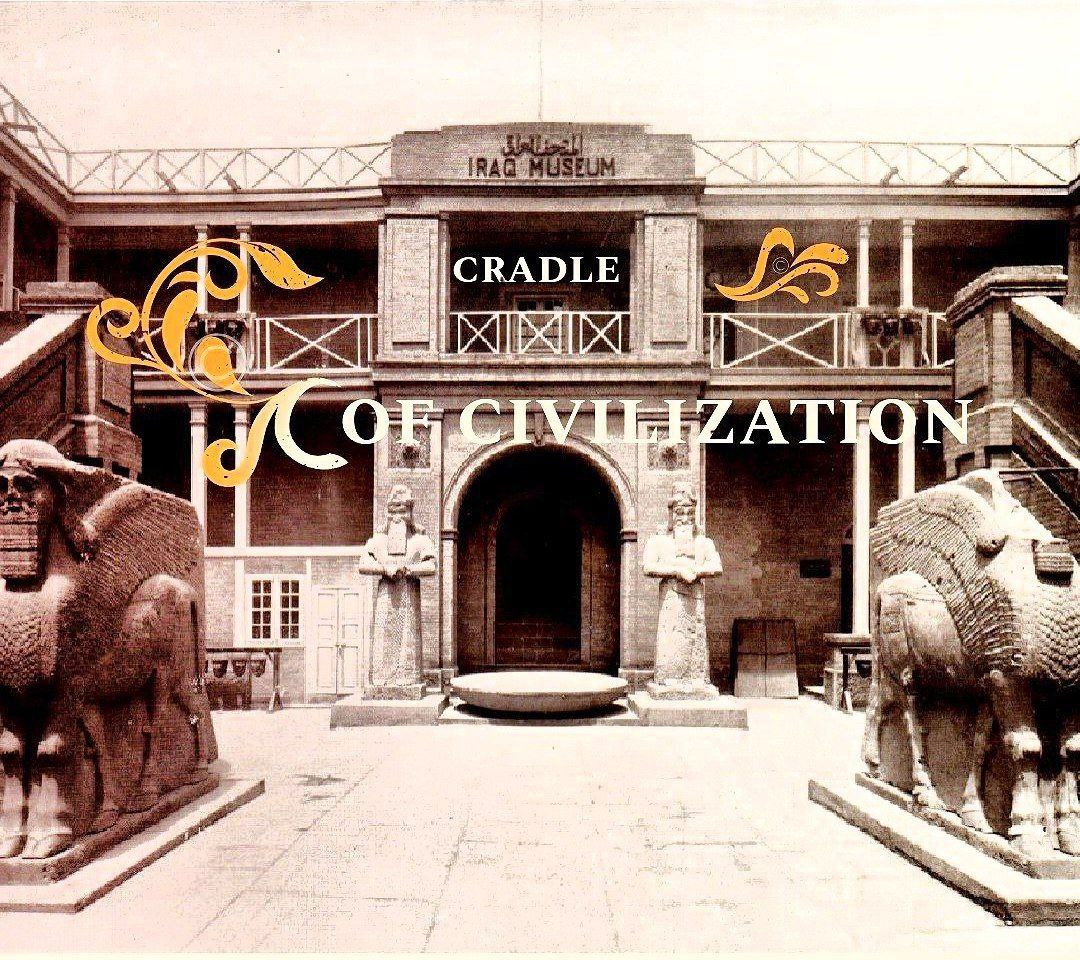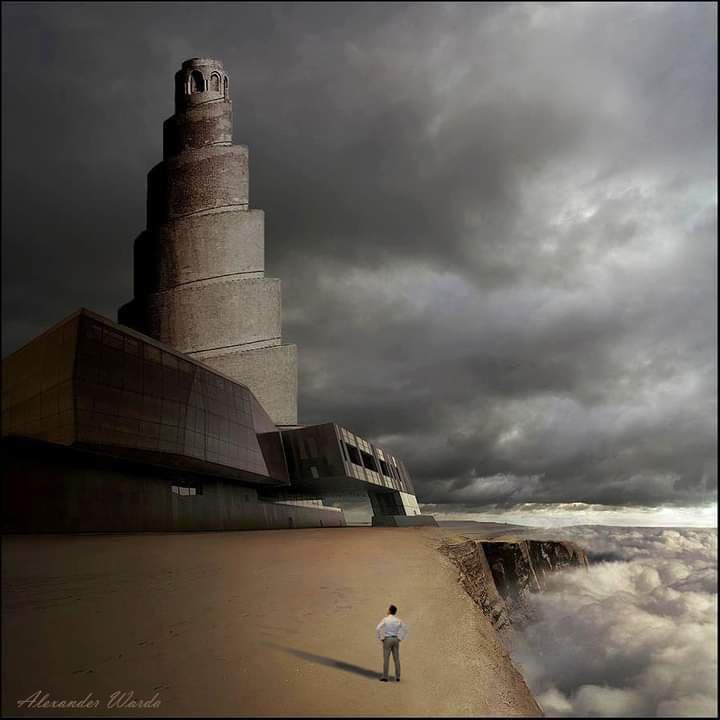Mesopotamia
Mesopotamia, often referred to as the “cradle of civilization,” is an ancient region located in the eastern Mediterranean, largely corresponding to modern-day Iraq, Kuwait, and parts of Syria, Turkey, and Iran. The name “Mesopotamia” comes from the Greek words “mesos” (middle) and “potamos” (river), meaning “land between the rivers,” referring to the Tigris and Euphrates rivers that define the region.

### Key Highlights of Mesopotamian Civilization:
1. **Sumerians**: Around 4500 BCE, the Sumerians settled in southern Mesopotamia and are credited with many firsts in human history. They created the first known cities, like Ur and Uruk, and developed cuneiform, one of the earliest writing systems. Sumerians also made advances in mathematics, astronomy, and literature, including the famous “Epic of Gilgamesh.”
2. **Akkadians**: The Akkadian Empire, established by Sargon the Great around 2334 BCE, was the first known empire in history. Akkadian became the lingua franca of the region.
3. **Babylonians**: The city of Babylon, under King Hammurabi (1792–1750 BCE), became a powerful kingdom. Hammurabi is famous for his legal code, “The Code of Hammurabi,” one of the earliest and most complete legal documents from antiquity.
4. **Assyrians**: The Assyrian Empire (c. 2500–609 BCE) was known for its military prowess and administrative efficiency. They established one of the first true empires, expanding their territory across the Near East.
5. **Advances in Science and Technology**: Mesopotamians were highly advanced in various fields. They developed the first forms of writing, made significant contributions to mathematics (like the 60-second minute and 360-degree circle), and were pioneers in irrigation and agriculture.
6. **Religion**: Mesopotamians were polytheistic, worshiping a pantheon of gods associated with natural forces and celestial bodies. Temples called ziggurats were built in honor of these gods, serving as both religious and administrative centers.
7. **Fall of Mesopotamia**: Over time, Mesopotamia fell to various invaders, including the Persians, Greeks under Alexander the Great, and later the Romans. However, its cultural and intellectual legacy heavily influenced later civilizations in the region.
Mesopotamia’s innovations and societal developments laid the groundwork for many aspects of modern civilization, including law, writing, and urban planning.


